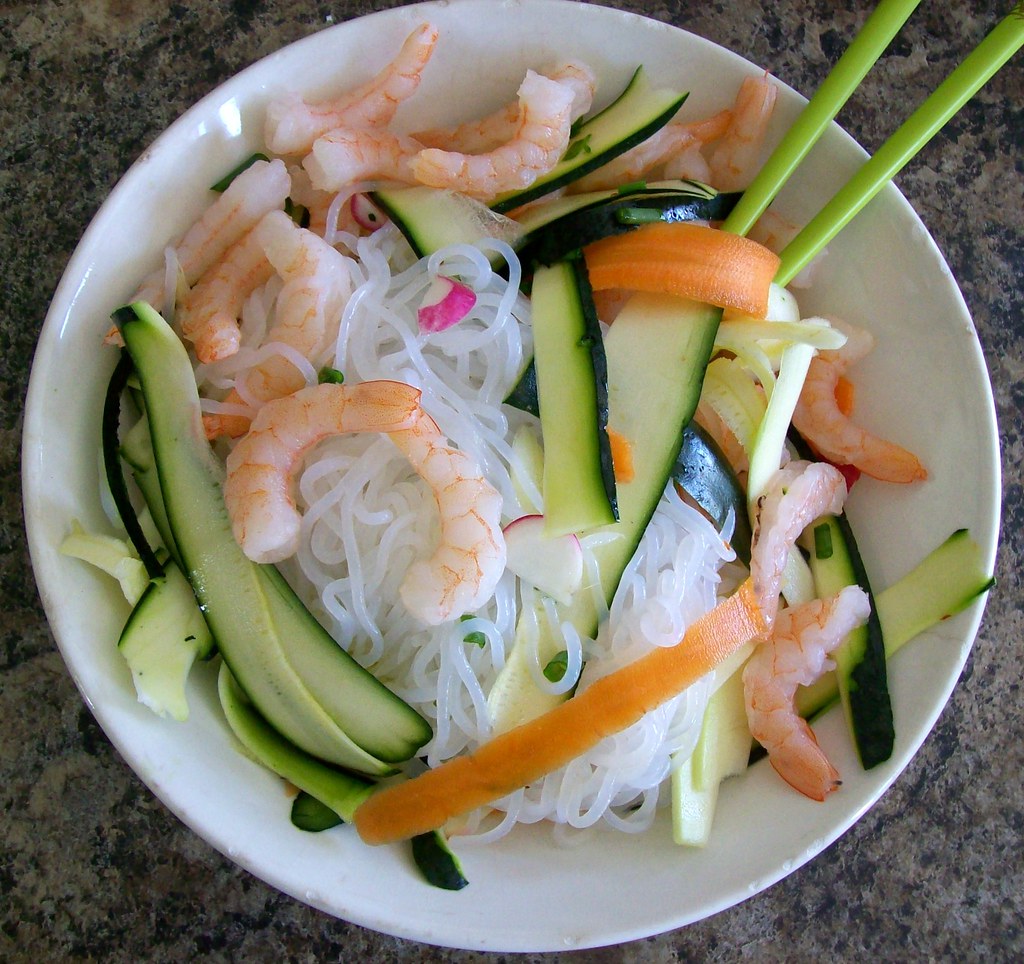Foods That Help Combat Seasonal Allergies in Northern Virginia
As the seasons change in Northern Virginia, many residents find themselves battling the unwelcome symptoms of seasonal allergies. Pollen from blooming flowers and trees can trigger sneezing, itchy eyes, and congestion. While over-the-counter medications can provide relief, did you know that certain foods can also help combat these pesky allergy symptoms? In this blog post, we’ll explore some dietary choices that may alleviate your discomfort during allergy season.
1. Omega-3 Fatty Acids: Nature’s Anti-Inflammatory
Omega-3 fatty acids are known for their anti-inflammatory properties and play a crucial role in reducing allergic reactions. These healthy fats can help decrease inflammation throughout the body, which is especially beneficial for those suffering from seasonal allergies.
Sources of Omega-3s include:
- Fatty fish (salmon, mackerel)
- Walnuts
- Flaxseeds
Incorporating these foods into your diet may not only improve your overall health but also provide relief from allergy symptoms by helping to regulate immune responses.
2. Local Honey: A Sweet Solution
Many people swear by local honey as a natural remedy for seasonal allergies. The theory is simple: consuming honey produced by local bees exposes you to small amounts of pollen from nearby plants. This exposure might help build immunity over time.
Benefits of Local Honey:
- May reduce sensitivity to pollen.
- Provides antioxidants that support overall health.
When choosing honey, opt for raw or unprocessed varieties found at farmers’ markets or local stores to maximize its potential benefits!
3. Fruits and Vegetables Rich in Vitamin C
Vitamin C is renowned for its immune-supporting properties and acts as a natural antihistamine—making it an excellent ally against allergies! Eating fruits and vegetables high in vitamin C can potentially reduce histamine levels in the body.
Top Vitamin C-rich options include:
- Oranges
- Strawberries
- Bell peppers
Aim to incorporate a variety of colorful fruits and veggies into your meals; not only will they boost your vitamin intake but they’ll also keep your palate excited!
4. Probiotics: Gut Health Equals Allergy Relief?
Emerging research suggests that gut health plays an essential role in managing allergies effectively. Probiotics—beneficial bacteria found in fermented foods—can enhance gut flora balance which may positively influence immune responses related to allergens.
Probiotic-rich foods include:
- Yogurt with live cultures
- Sauerkraut
- Kimchi
Adding these items into your daily routine could be an enjoyable way to support both digestive health and mitigate allergic reactions during peak pollen seasons!
5. Spices with Antihistamine Properties
Certain spices have been shown to possess natural antihistamine effects that may relieve allergy symptoms when included regularly in meals or beverages.
Key spices worth adding are:
- Turmeric (contains curcumin)
- Ginger
- Garlic
These flavorful additions not only enhance taste but also offer significant anti-inflammatory benefits! Consider sprinkling turmeric on roasted vegetables or adding ginger root to smoothies—a delicious way to fight back against allergens while enjoying every bite!
—
Conclusion
While no single food will completely eliminate seasonal allergies, incorporating these nutrient-dense options into your diet can certainly make a difference! By focusing on omega-rich foods, local honey, vitamin C sources, probiotics, and powerful spices, you’re taking proactive steps toward alleviating discomfort caused by allergens this springtime season here in Northern Virginia! Remember to always consult with healthcare professionals before making significant changes if you’re unsure about how specific dietary adjustments might affect you personally! Happy eating—and breathe easy this allergy season!
news via inbox
Stay Connected
Specializing in:








